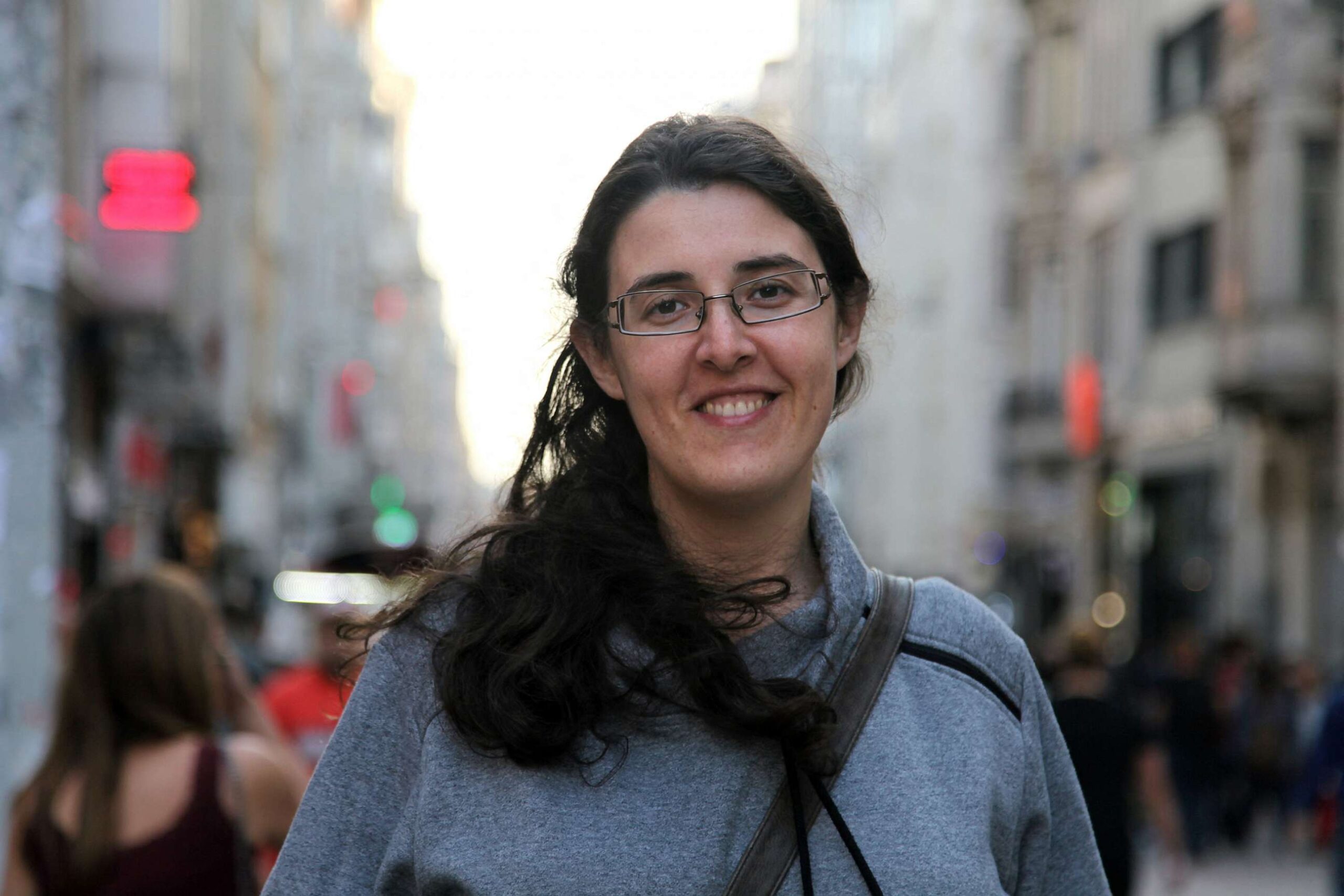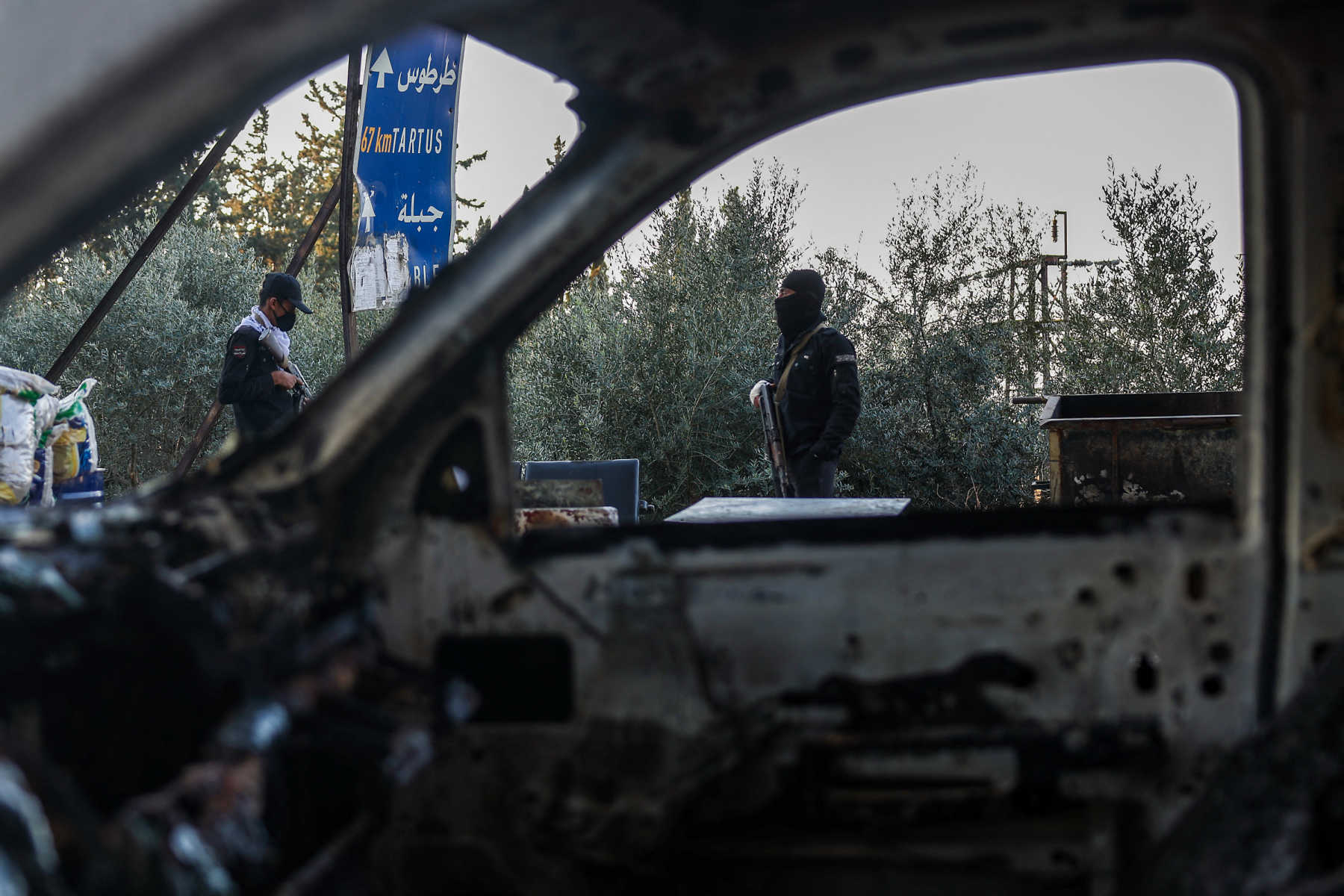In an interview with Democracy for the Arab World Now (DAWN), an Emirati businessman with connections inside and outside the UAE talked about the state of money, business and investment. He summarized the economic situation as a "bubble" about to burst.
The businessman, who wishes to remain anonymous for fear of retribution, commented on the relationship of politics, money, and the economic situation that the country, since the political arrests and the antagonism of citizens, began to deteriorate the country's reputation, and took a new direction.
Regarding the arrests, the businessman referred to the campaign launched by the UAE's government in 2012 against a very large group of reformists, writers, thinkers, and activists. Many were arrested and 94 of them were tried in court in what was referred to as the "94 cases." After trial, many were sentenced to years in prison.
The businessman also commented on commercial projects and on investments between foreigners and the citizens in the UAE, and on the problems that arise when changes to the status quo are made suddenly.
Also discussed was the lack of transparency, the prevalence of lying and deceit regarding the economic situation, and the lack of clarity from the government to the citizens of the UAE.
The businessman believes that foreigners have exploited the citizens of the UAE by bearing the brunt of the public debt while not benefiting from any economic prosperity.
Excerpts from the Interview follow:
What is your take on the current business and investment environment in the UAE?
To begin with, I would like to give you a simple overview about the Emirates. As you know, the UAE is made up of seven emirates: Abu Dhabi, Dubai, Sharjah, Ras al-Khaimah, Fujairah, Ajman, and Umm al-Quwain.
In every emirate there are local departments. These departments are responsible for fees for commercial licenses. Fines are also entrusted to local governments. In each emirate, there is a chamber of commerce, and there is a federation of chambers of commerce within the economic circles. These chambers of commerce play a local role, however, regarding external representation, it is the Ministry of Economy's role is to coordinate with the local authorities. Sometimes there is a representative from each department who accompanies the ministry's delegation to conferences or external events.
Many hear that the environment in the UAE is attractive for investment and business. How accurate is this in your opinion?
The UAE's economy is open and is considered attractive for foreign investors in general. I feel that this is due to the following reasons: the UAE is strategically located between the East and the West, it has strong financial reserves,it has large investment funds, the government spends wisely on infrastructure, the government's policy allows for diversification of investments, the UAE is a popular place for international exhibitions in various commercial fields, the government grants investors a whole host of incentives, such as visas and leasing at nominal rental rates, there are very few restrictions on financial transfers, and foreign investors can possibly obtain a five-year residency from the government.
Foreign investors definitely get all these advantages and more. However, if we look at Emirati citizens and their ability to compete with foreign merchants, we note that some citizens have managed to obtain exclusive business licenses.
There is also a law that allows a foreigner to partner with a citizen by up to 49% equity. Unfortunately, I see foreigners taking advantage of citizens by taking bank loans on the company's account. As a result, citizens fall prey, being compelled to sell everything they possess, to pay off the debts incurred by their partners, who often flee to their home country as soon as their company is in trouble.
All this takes place in the absence of any law that protects the citizens. The absence of such measures has created a lot of problems and courts are fraught with cases from citizens who pay the price of the flight of their foreign partner.
What are the opportunities offered to young Emirati investors in their country?
As a matter of fact, there was a project to encourage young people to engage in trade, such as supporting small projects. Some people received support, but lack of scruples sometimes hinders the success of such projects. Add to this, the youth's reluctance to embark on these projects because the latter would be plagiarized by people who work in competent government agencies. Plagiarism happens by rejecting someone's project at first only to see the same project seeing light, after a while, by another person close to the government!
On the other hand, one of the positive aspects for citizens is that you can bid in government tenders that a foreigner cannot, and some have benefited from that, especially since the government has privatized some of the services it provides or delegates them to special entities, such as employee transportation, cleaning, catering, etc.
Are there obstacles or problems for you in the Emirates as an Emirati businessman? Are there any advantages?
The problems facing many Emirati businessmen can be summarized as follows:
Abrupt and swift laws and procedures, especially with regard to immigration, municipality, or labor and workers.
Let me explain this a little. Laws that you must abide by are suddenly and sometimes retroactively enacted without prior notice, and no deadline is given to adjust the status of the corporation or company in accordance with the new laws and their requirements.
Also with regard to fees, every agency handling trade and the issuance of commercial licenses mandates that you pay fees. Sometimes these fees take you by surprise as they are not budgeted for in the company's accounts. At the same time, you cannot pass these fees on to the consumer because you must abide by the contract that you signed to provide the agreed service at the agreed price. If you are a contractor, you must abide by the contract concluded with the second party, and so on.
Through your trips, and based on your acquaintance with your friends and other Emirati businessmen, how do you evaluate the status of tourism investment; i.e., the state of cities, tourism and aviation companies, airports and other related aspects?
The field of tourism, in general, is thriving. Its profits are worth the effort, but the competition in "national" airlines is a great obstacle that compromises many businesses, especially those who do not have strong capital. Many of those I know did not continue in this field.
What about foreign investors?
I have no objection to attracting foreign investors, but there must be conditions that ultimately serve the interest of the country and the public interest of the people, and not the interest of a small group. In the end, it must be in the citizen's interest. Foreigners should be required to recruit a certain number of citizens in their corporation or company, whether it is in the free zones or within the country's local market.
From what I understand, you are in contact with gulf businessmen in neighboring countries. Tell us about this experience.
One of the businessmen I've met who works in the gulf told me his story of investing in an Emirati city. He said he invested an amount of no less than 200 million AED in a factory and some other things. He was surprised by the services provided and incentives offered to investors, such that he likened the city to a bubble that is filled with air and will eventually burst. I remember objecting to what he said at that time. He said to me, "You will see." I think that what we see today has actually proved him right, because the lack of transparency and the prevalence of lies and misrepresentation in the economic situation will, after all, be discovered by the public. People say lies are short-lived, and will be exposed sooner or later. It's clear to me that the UAE economy is different from what it was during the years of stability.
By the period of stability, I mean the period during which the UAE had no enemies in any part of the globe. When Abu Dhabi's government started escalating hostility against citizens and against other countries, disasters had a boomerang effect within the country.
I think the disasters have already started from within with arresting UAE citizens, gulf citizens, the Arabs, and others. Trust has been shattered because Arab merchants were arrested and tortured inside prisons. After their departure, they attacked the UAE in various media outlets. This has undoubtedly had an impact on the situation as well as on the country's reputation and stability. Political arrests are taxing on all of us, because investors want an environment in which there is freedom of opinion and stability.

















![Security forces loyal to the interim Syrian government stand guard at a checkpoint previously held by supporters of deposed president Bashar al-Assad, in the town of Hmeimim, in the coastal province of Latakia, on March 11, 2025. Syria's new authorities announced on March 10, the end of an operation against loyalists of deposed president Bashar al-Assad, after a war monitor reported more than 1,000 civilians killed in the worst violence since his overthrow. The Syrian Observatory for Human Rights said the overwhelming majority of the 1,068 civilians killed since March 6, were members of the Alawite minority who were executed by the security forces or allied groups. (Photo by OMAR HAJ KADOUR / AFP) / “The erroneous mention[s] appearing in the metadata of this photo by OMAR HAJ KADOUR has been modified in AFP systems in the following manner: [Hmeimim] instead of [Ayn Shiqaq]. Please immediately remove the erroneous mention[s] from all your online services and delete it (them) from your servers. If you have been authorized by AFP to distribute it (them) to third parties, please ensure that the same actions are carried out by them. Failure to promptly comply with these instructions will entail liability on your part for any continued or post notification usage. Therefore we thank you very much for all your attention and prompt action. We are sorry for the inconvenience this notification may cause and remain at your disposal for any further information you may require.”](https://dawnmena.org/wp-content/uploads/2025/04/syria-22039885951-350x250.jpg)



















